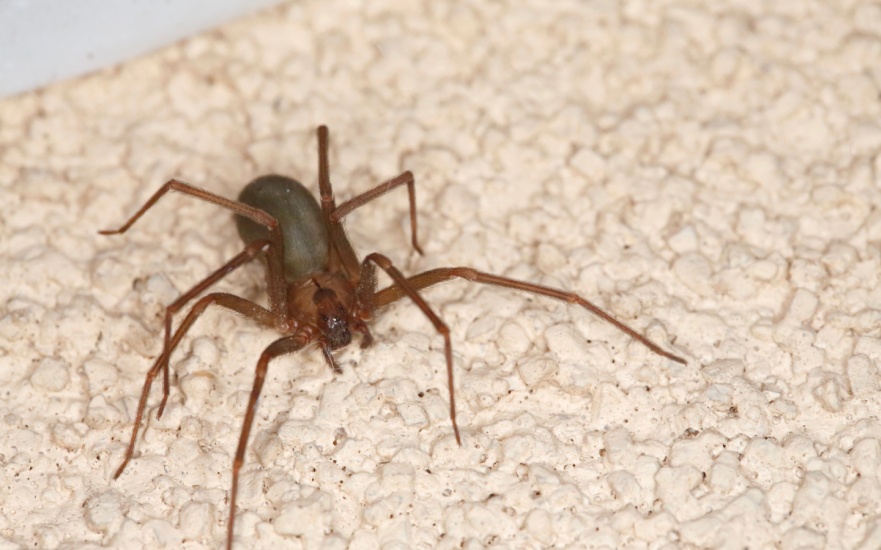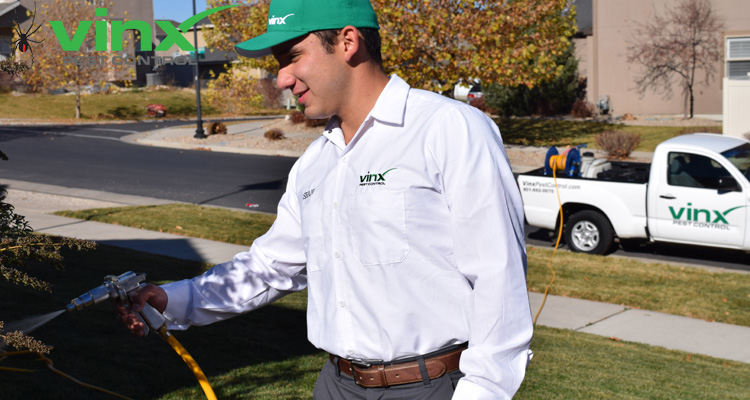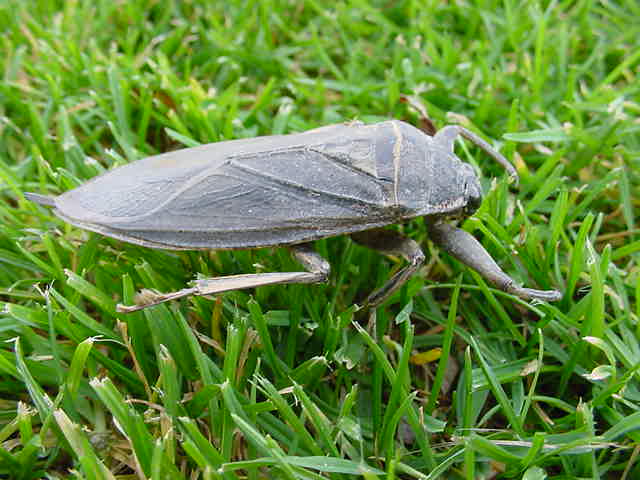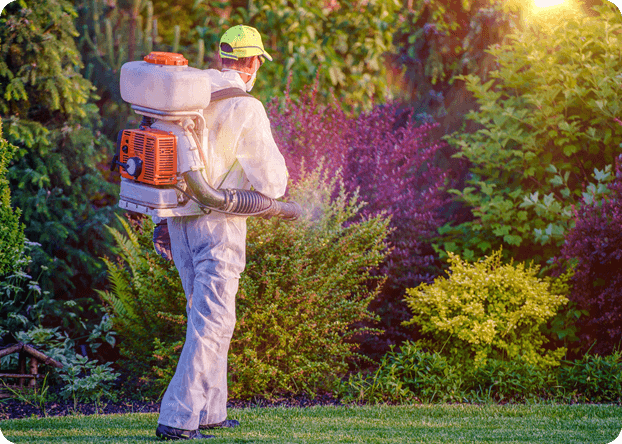Pest Control Blog
Interested in discovering ways to protect your home and business from pests? Visit our blog for the latest industry insights and professional recommendations on managing pest issues in Texas, South Carolina, and Virginia.
Also, be sure to check out our exclusive deals designed to save you money! Explore our offers and start saving on your pest control needs today with Vinx Pest Control.













